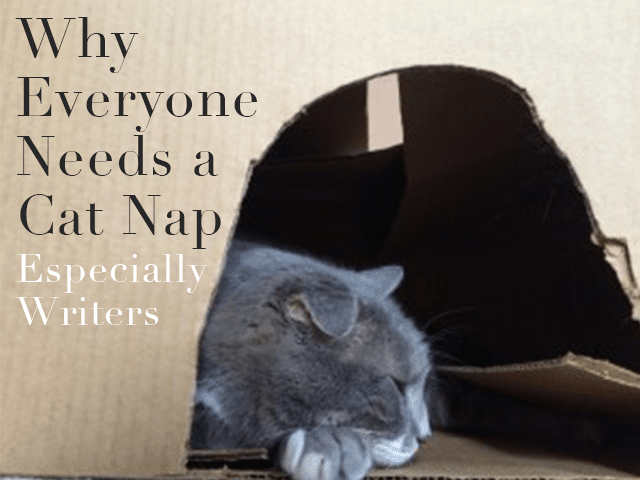
by Pooh Hodges |
I had trouble concentrating today when I sat down to write. I couldn’t seem to focus on the details of my story. I tried to finish the article that is due at the end of today, but I didn’t have any energy, the words were stuck in my brain. I needed help. I needed a nap. A cat nap.

by Monica M. Clark |
Spark your creativity with today’s photo prompt.
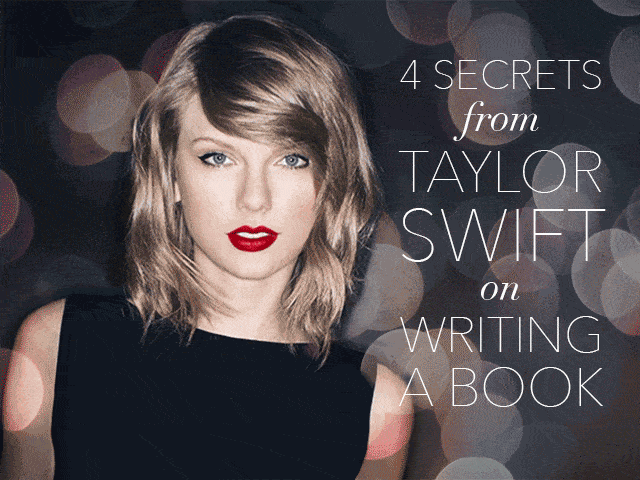
by Kellie McGann |
Somehow I missed the Taylor Swift bandwagon in 2008. But this year, I hopped on for good. Whether you’re a hater or a fan, Taylor Swift is clearly doing something right. It’s funny how much sense her songs make when we, as writers, substitute “writing a book” for the references of love and men.
With that in mind, let’s look at what Taylor Swift can teach us about writing a book.
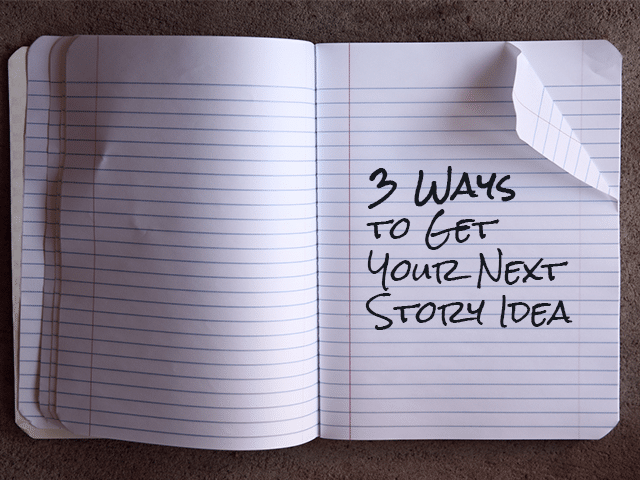
by Emily Wenstrom |
Story ideas often come to us almost out of thin air—whether from an overheard conversation in a coffee shop, or just a random thought that pops into your head in the shower. But other times, you’re ready to write a new story and all that you’ve got is the blank page in front of you.
That’s okay! There’s a number of tried and true methods to jumpstart your brain and draw those ideas out. Here are my three go-tos:
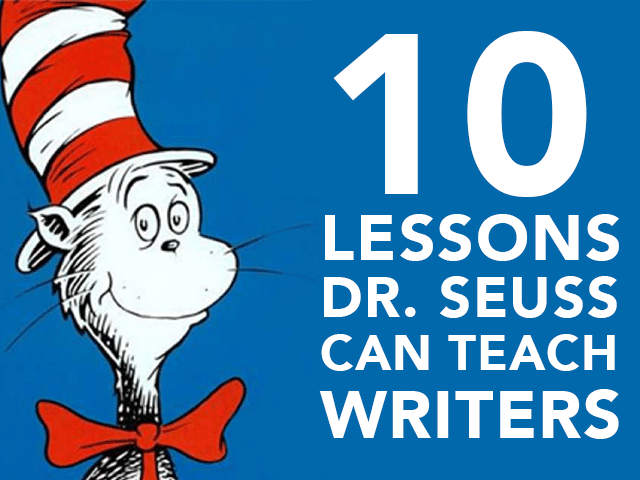
by Joe Bunting |
In the spring of 1925, a Dartmouth College senior named Theodor Geisel was caught drinking, a serious offense during prohibition. As punishment, he was forced out of his role as editor-in-chief of Dartmouth’s humor magazine, Jack-O-Lantern. That didn’t stop Geisel from writing, though. He submitted humor stories under a variety of pen names, L. Pasteur, L. Burbank, and, the one he would one day become famous for, Seuss.
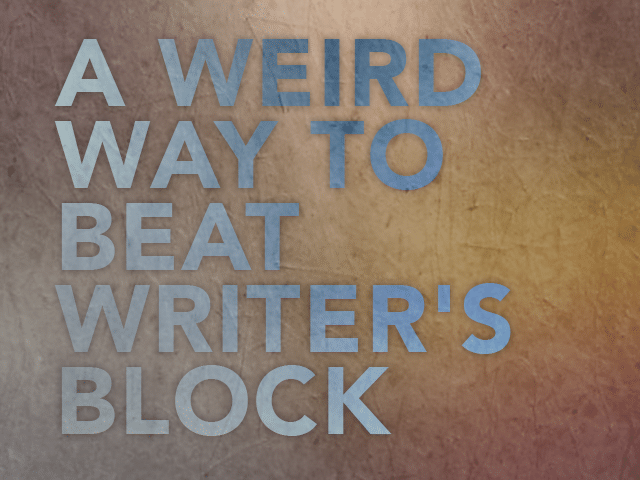
by Guest Blogger |
I recently visited with a new writer over coffee. She confessed, almost with shame, “I’ve written on and off for years. Well, sort of…now I’m really trying to get serious about my novel, but I keep quitting. It’s really frustrating. How do you ummm,” she looked away, then back at me again, “How do you fight fear?”
That’s a great question, and the answer is…





